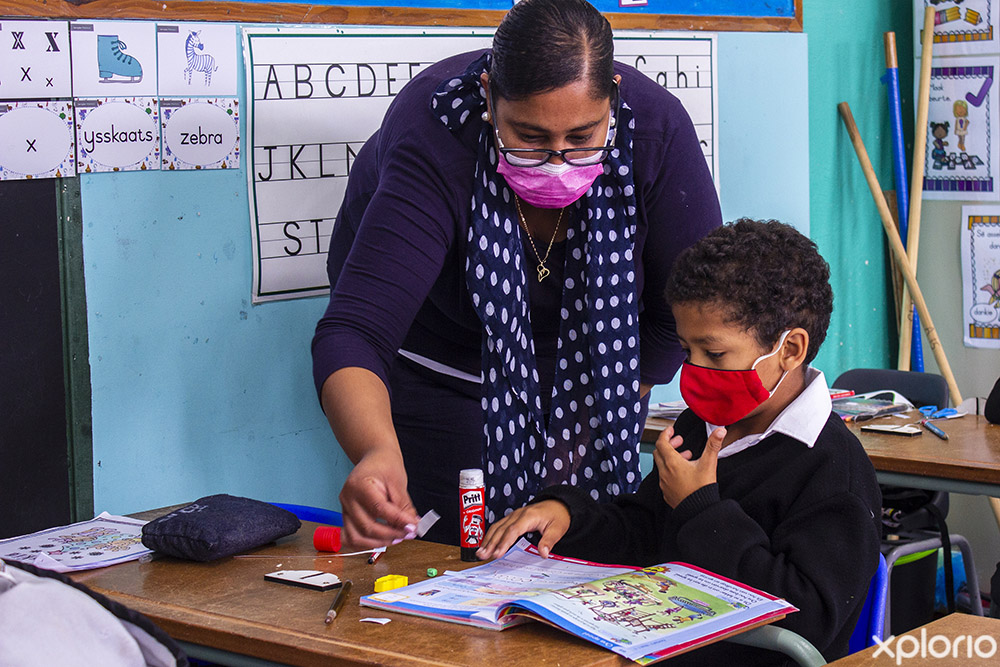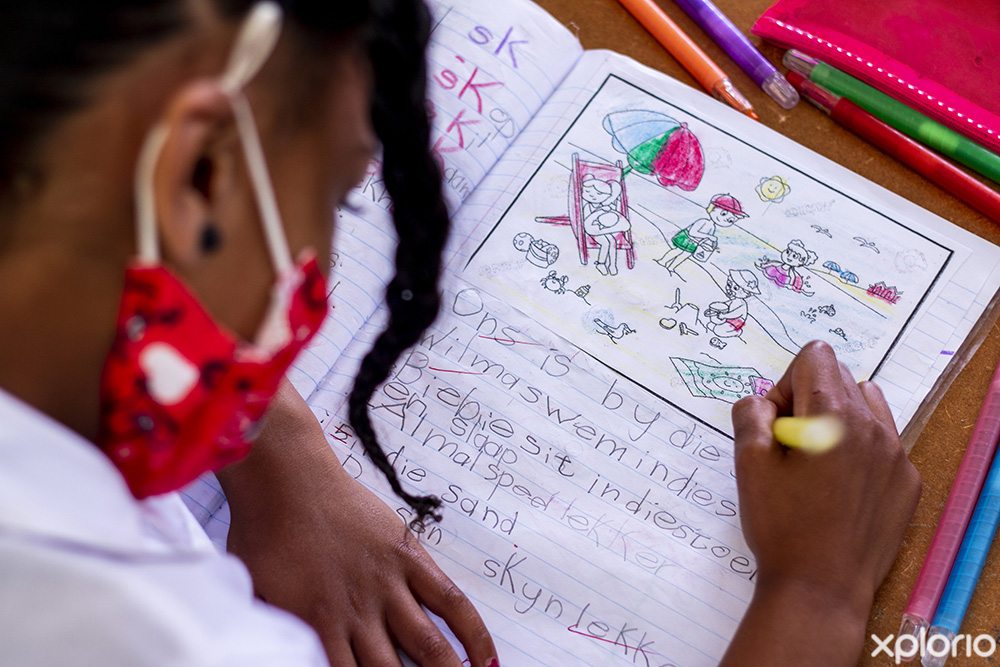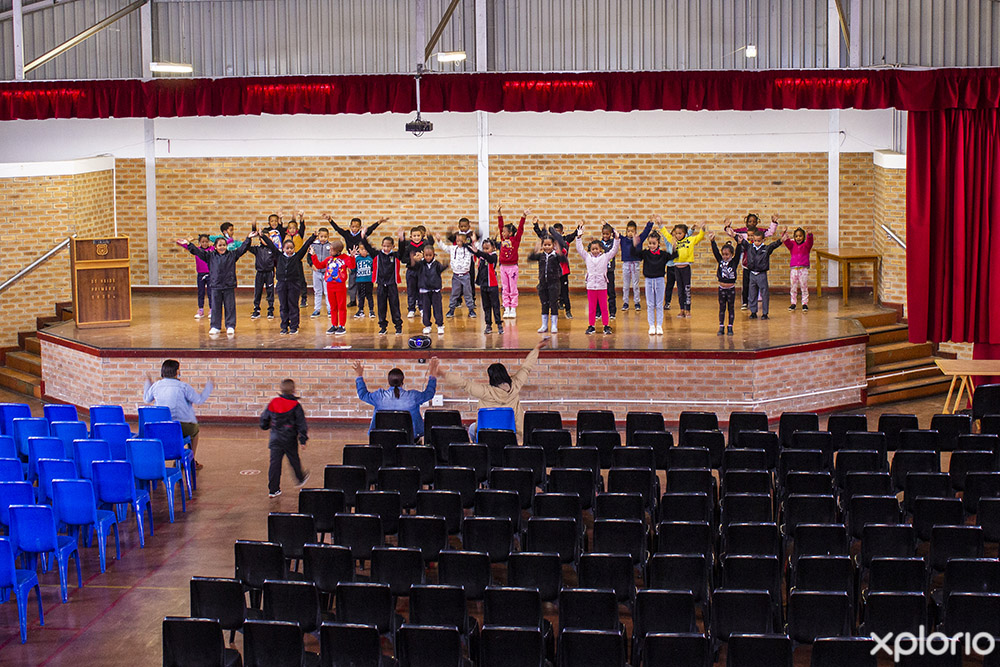Funza Lushaka Teaching Bursary 2025: Apply Now!
Exciting opportunity!

“Quality teaching in every classroom to successfully prepare each child for a bright future.”
De Heide Primary School was established on 1 January 1988 after Medland and Wishof primary schools merged.
Anglian Rector, Reverand Medland Breach, founded Medland School in 1927 at the APO Hall.
The school’s first headmaster was Mr Jonathan.
A larger school with five classrooms and an office was built in 1930 on Recreation Street.
Wishof School was established in 1930 by Dutch Reformed Minister LAR du Plessis from the Dutch Reformed Church on Van Der Byl Street. It was first known as the DRC School, and the building now houses the current ARM Church.
The school’s first headmaster was Mr Christiaan Taljaard.
In 1935, a larger school with three classrooms and an office was built on Recreation Street.
De Heide Primary School’s student intake for 2022 totalled just over 1,700 learners.
Read a personal message from Principal C van Geems, see here.
The faculty list at De Heide Primary School is as follows:
Principal
• C van Geems
(Master of Education - MEd - Education Policy Studies, Stellenbosh University)
Vice Principals
• J Temmers
• MJ Walburg
Secretaries
Finances - Y Baatjies
• Admin - D Arends
• Reception - A Eksteen
• Foreman - H Jacobs
Teachers
The academic curriculum at De Heide Primary School is as follows:
• Afrikaans
• English
• Maths
• Natural Sciences
• Economics Management
• Social Science (GEO GES)
• Life Orientation
• Art and Drama
• Technology
• PT (Physical Training)


De Heide Primary School encourages sports and extramural activities that include:
School-Based
• Athletics
• Rugby
• Netball
• Mini-Cricket
• Chess
MOD Programme (Mass Participation, Opportunity and Access, Development and Growth)
MOD Centres offer eight summer and winter sporting codes.
De Heide Primary School has the following cultural activities and clubs available:
School-Based
• Eisteddfod
• Library
• Olympiads (Spelling & Maths)
• Choir
MOD Programme (Mass Participation, Opportunity and Access, Development and Growth)
MOD Centres offer arts, dance and music activities that include:
• Dance
• Singing / Rap
• Poetry
• Painting
• Drawing / Sketching
National Schools Nutrition Programme
"Good nutrition is as critical to learning as pencils or textbooks."
• Breakfast Porridge - 7:30 until 8:00 (daily)
• Cooked Lunch - 10:00 until 11:00 (daily)
• Fruit and Milk Supplement - two to three times a week
De Heide Primary School falls into the Qunitle 3 Category of No Fee Schools and forms part of the National Schools Nutrition Programme.
The state provides the school with the finances to pay for six trained cooks who prepare daily meals in a registered kitchen for over 1,000 learners enrolled in the programme.
“De Heide Primary School gee goeie opvoeding waar almal hulle beste gee.” Janeen Temmers
“Ek is so trots om deel van De Heide Primary School te wees. Die trots, passie en wen kultuur is iets wat jy self moet beleef. De Heide we love you!” Christo Adams
“De Heide Primary School is ‘n goeie skool en die leerders word goed geleer.” Kayla Madine Williams